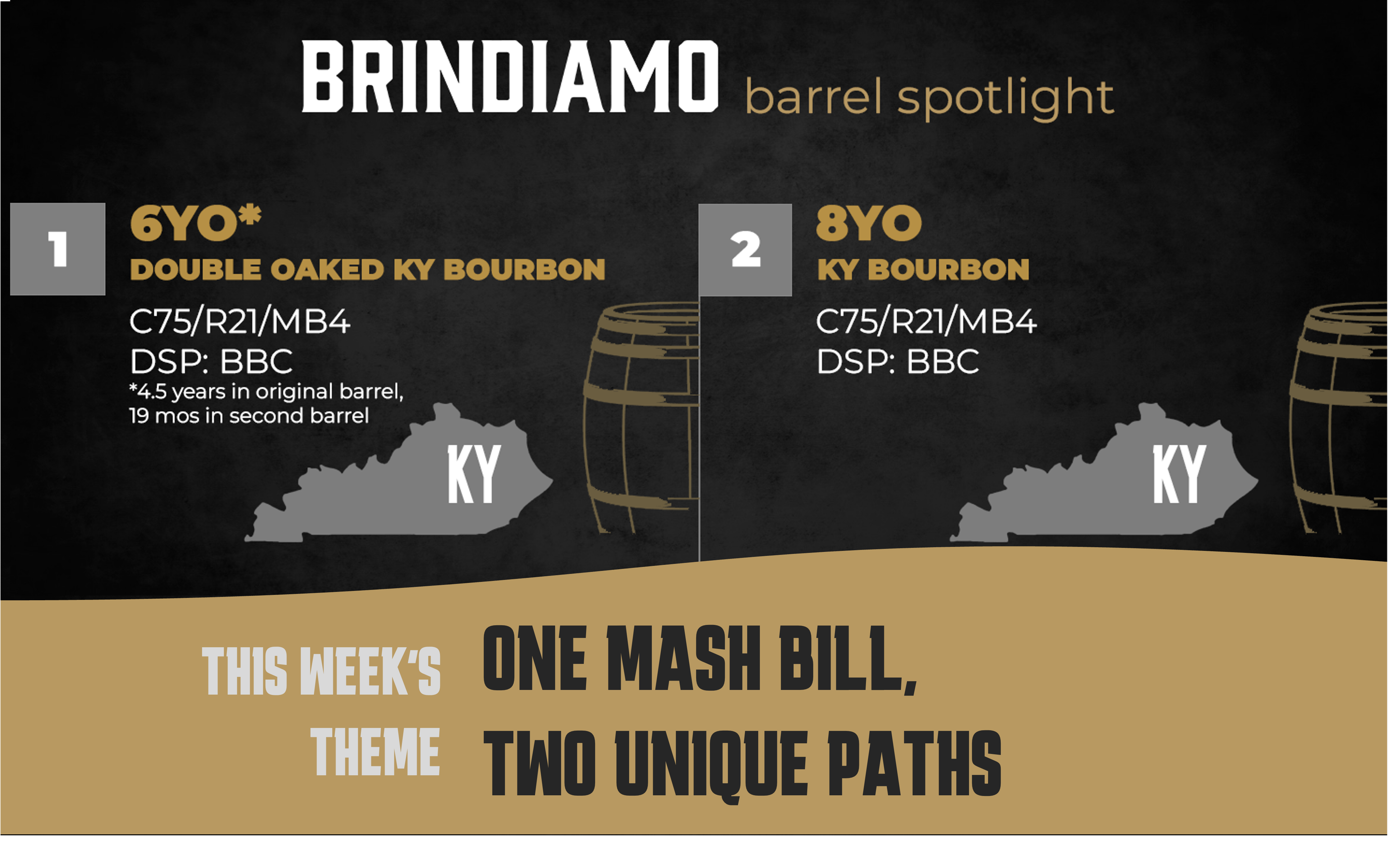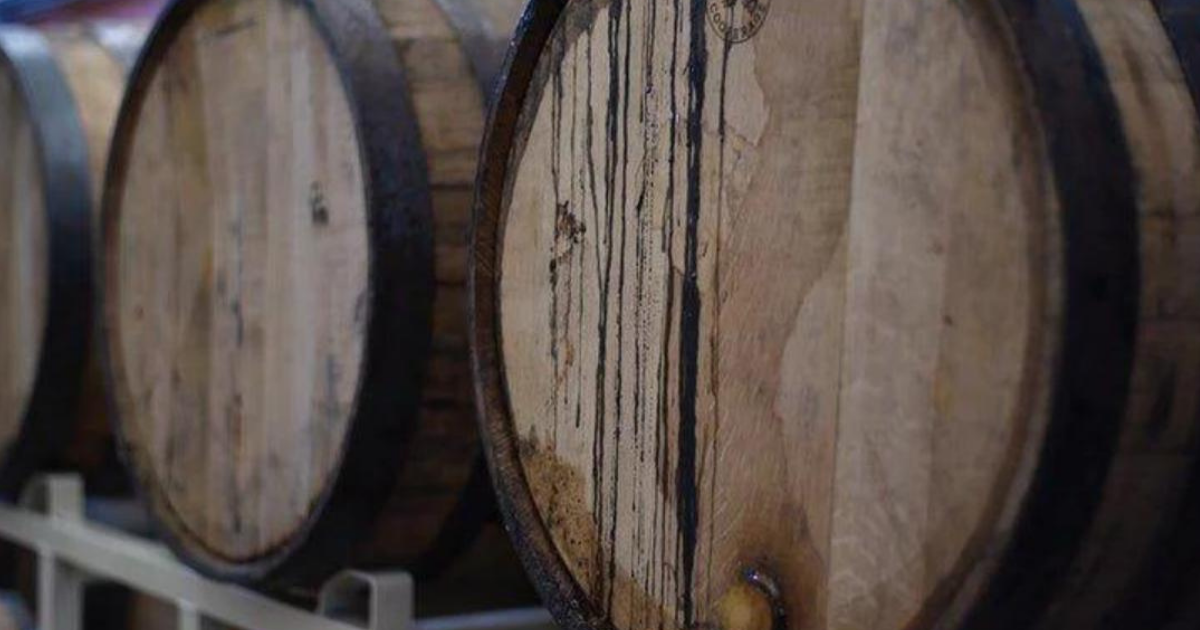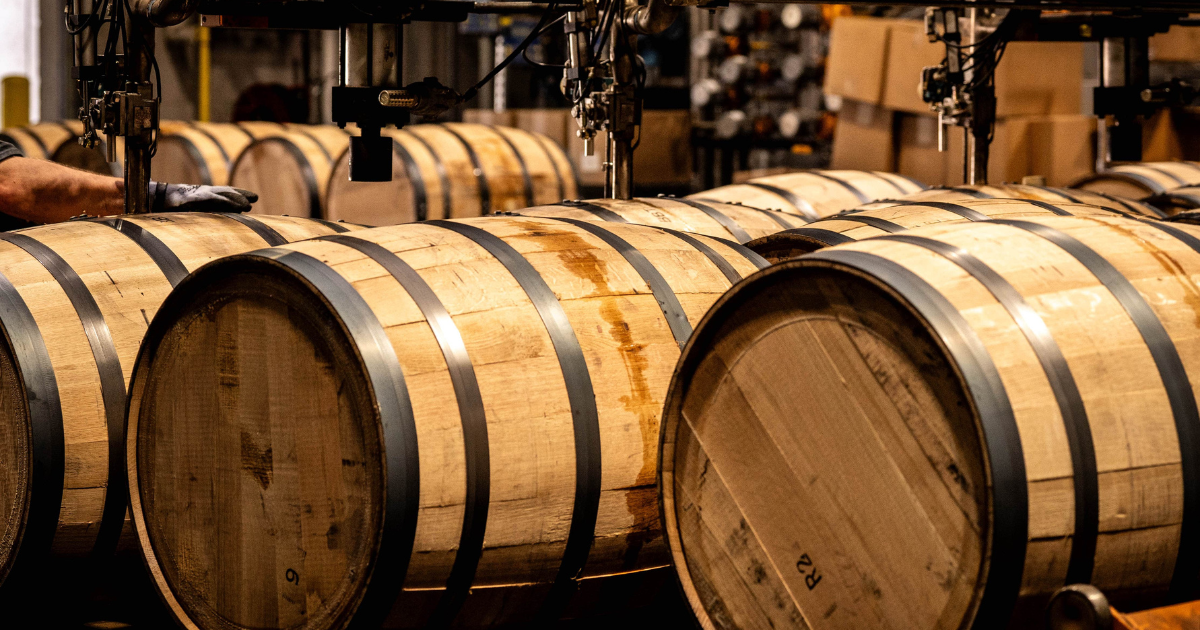Brindiamo Playback: The Content That Shaped the Whiskey Conversation in 2025
As we reflect on 2025, we wanted to take a moment to look back with you. This past year, our team published across more mastheads than ever before —...

The distillery industry is thriving, offering numerous opportunities for profitable investments. Each year sees several successful acquisitions, with this trend expected to continue. Whether you're in the market to buy or sell a spirit brand, it's important to be aware of potential challenges. However, with thorough due diligence, everyone involved can come out as winners.
When considering the sale of a spirit brand, owners have two options: they can opt for a stock sale or an asset sale. Each option offers its own set of advantages, and the decision on which one is more suitable depends on the desired outcome of the deal.
In a stock sale, the buyer steps into the seller's shoes and assumes full responsibility for the business. This includes taking over the business entity, such as the corporation, limited liability company, and partnership, along with acquiring assets and liabilities. Through a stock sale, the seller can cleanly walk away from the deal, leaving everything associated with the company to the buyer.
The key distinction between an asset sale and a stock sale lies in the level of control granted to the buyer. Both parties engage in negotiations to determine which aspects become the buyer's responsibility and which remain with the seller. This process involves a division of assets and may take slightly longer due to the negotiation process. Buyers must ensure they acquire all essential components of the business, such as recipes, trademarks, and copyrights, to ensure seamless operations.
Before focusing on the type of sale that seems most appealing, it's important to note that each option comes with a set of tax requirements that could influence your decision. Generally, stock deals are advantageous for sellers as they can benefit from the lower capital gains tax rate on the proceeds from the transaction. On the other hand, buyers may be inclined towards an asset deal as they can benefit from a step-up in taxes based on the acquired assets, allowing for tax savings through depreciation and amortization deductions.
Operating a spirit brand involves navigating a myriad of regulations, permits, licenses, and approvals at both the state and federal levels. With the stringent guidelines in place for daily operations, it's no surprise that buying and selling an alcohol company comes with its own set of rules. Sellers must maintain federal permits for distilling and trading their product. In a stock deal, sellers can carry on production without worrying about limitations, while buyers need to consider the narrow window of opportunity between closing the deal and filing necessary amendments for the business to continue operating smoothly.
On the other hand, in an asset sale, buyers will need to apply for a new Basic Permit and DSP Registration, which typically comes with a waiting period. It's important to avoid any temporary shutdowns while waiting for permits when acquiring new assets. In many instances, a "Transition Services Agreement" is established during an asset deal, allowing the seller to continue operating the distillery until the buyer obtains all the necessary documentation.
After considering federal regulations, it's important to address the requirements for operating at the state level. Each state has its own unique set of rules, and while some may align with federal laws, there can be differences to navigate. It's essential to anticipate and plan for any potential setbacks that may arise during the transaction process.
When considering the purchase or sale of a spirit brand, it is essential for the buyer to conduct thorough due diligence by reviewing all assets and liabilities of the company to ensure they are securing the best possible deal. Similarly, sellers can stay ahead of the game by conducting an internal review to address any potential issues proactively, preventing any complications that could arise in the future and potentially impact the deal. Some key aspects sellers should focus on include:
One important aspect to consider when selling a spirit brand is the contract review. In an asset sale, buyers should make sure they won't be hindered by an "anti-assignment" clause that restricts contract assignment without the other party's consent or prohibits transfer altogether. Sellers can kickstart the process by conducting a thorough review of the business before the sale, getting necessary consents or waivers to minimize potential transaction delays.
Another factor that could complicate a smooth closing is the "change in control" clause. This clause affects both buyers and sellers in stock deals. Similar to the anti-assignment clause, the change in control clause requires one or both parties to seek consent if there is a change in control. It's crucial for parties involved in stock deals to carefully review the language in the anti-assignment clause to ensure that a change in control is adequately addressed.
These issues are just the beginning when it comes to navigating the sale of a spirit brand. If you're in the process of buying or selling a distillery, having the support of someone who understands the challenges, risks, and rewards is crucial. With our extensive experience in successful mergers and acquisitions at Brindiamo Group, we are here to help. Reach out to us today to leverage our expertise and ensure you secure the deal you deserve.
Marc E. Sorini and Barret K. Lopez, “Issues to Consider When Buying or Selling a Craft Distillery.” American Spirit, Winter 2016. Pages 23-25.

As we reflect on 2025, we wanted to take a moment to look back with you. This past year, our team published across more mastheads than ever before —...

Welcome back to the Brindiamo Barrel Spotlight, our weekly email series highlighting the barrels, distilleries, and market dynamics shaping today’s...

The market for bourbon barrels is bifurcated. Over the course of the last 24 months, the conversation has shifted from how to find whiskey to how to...

Running a thriving business in the spirits industry requires careful attention to a variety of factors. Each aspect of your business should be...

Whiskey is one of the world’s most revered spirits, but not all whiskey is created equal. Two key categories—new fill whiskey and aged whiskey—play...

The alcohol industry is as competitive as it is exciting. Whether you’re launching a new craft spirit, revitalizing a legacy label, or expanding your...
Join the conversation
Leave a comment below.